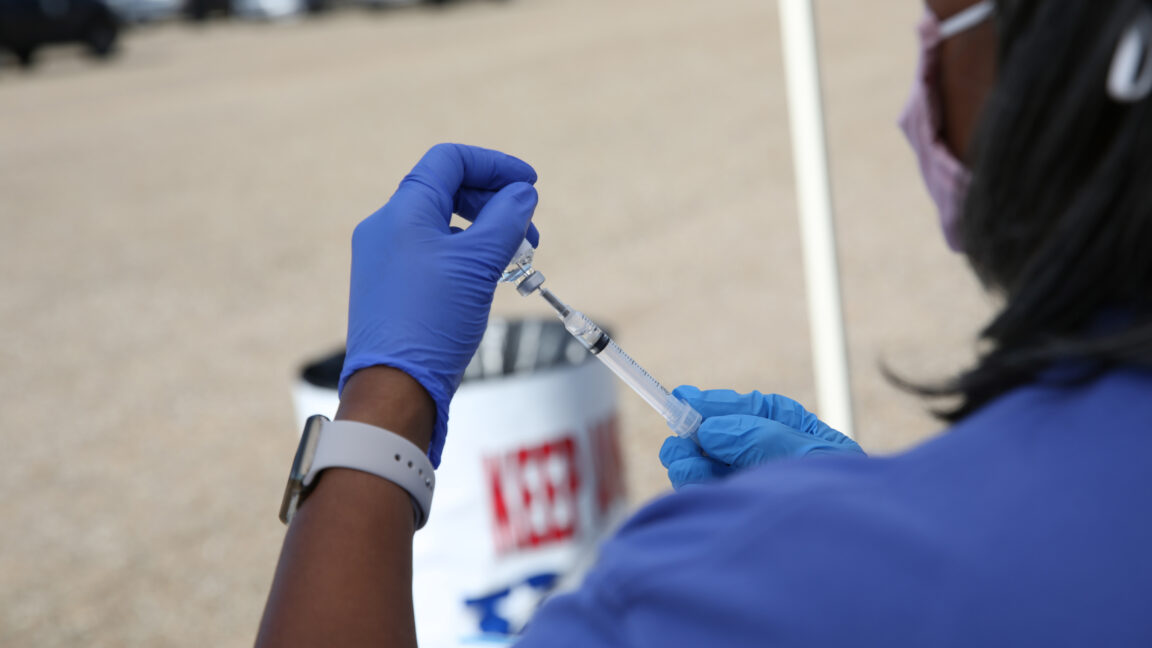How Pfizer used wearables to tap into the promise of an experimental drug


![]()
By Mario Aguilar
Nov. 12, 2024
Health Tech Correspondent
Pfizer’s promising research on a treatment for a dangerous cancer-related condition is also helping prove out the value of wearables in clinical trials.
In September, the pharma giant reported results showing that an experimental antibody could positively impact people with cachexia, a complication sometimes called “wasting syndrome” that can cause people with cancer to lose weight and make it harder for them to tolerate treatments. In the study, people randomized to a 400 milligram dose of the treatment, called ponsegromab, had a median weight gain of just under 3 kilograms, compared to those on placebo.
advertisement
While the weight gain was significant, experts at the time said the study’s secondary endpoints, including patient-reported outcomes and physical activity measured by a wearable, presented a more nuanced portrait of how the treatment was influencing patients. Specifically: Patients on the 400mg dose had 72 minutes of additional non-sedentary activity per day, as measured by a wearable, compared to placebo. The investigators noted this could represent clinically meaningful functional improvement that allows patients to complete daily activities, such as showering, dressing, and light household activities.
STAT+ Exclusive Story
Already have an account? Log in


This article is exclusive to STAT+ subscribers
Unlock this article — and get additional analysis of the technologies disrupting health care — by subscribing to STAT+.
Already have an account? Log in
Monthly
$39
Totals $468 per year
$39/month Get StartedTotals $468 per year
Starter
$20
for 3 months, then $399/year
$20 for 3 months Get StartedThen $399/year
Annual
$399
Save 15%
$399/year Get StartedSave 15%
11+ Users
Custom
Savings start at 25%!
Request A Quote Request A QuoteSavings start at 25%!
2-10 Users
$300
Annually per user
$300/year Get Started$300 Annually per user
View All Plans
To read the rest of this story subscribe to STAT+.
Subscribe Log In Cancer, Clinical trials, health tech, STAT+, wearables Submit a correction requestReprints-

Mario Aguilar
Health Tech Correspondent
Mario Aguilar covers technology in health care, including artificial intelligence, virtual reality, wearable devices, telehealth, and digital therapeutics. His stories explore how tech is changing the practice of health care and the business and policy challenges to realizing tech’s promise. He’s also the co-author of the free, twice weekly STAT Health Tech newsletter.


Newsletter
Tech is transforming health care and life sciences. Our original reporting is here to keep you ahead of the curve.









